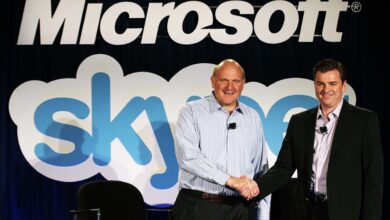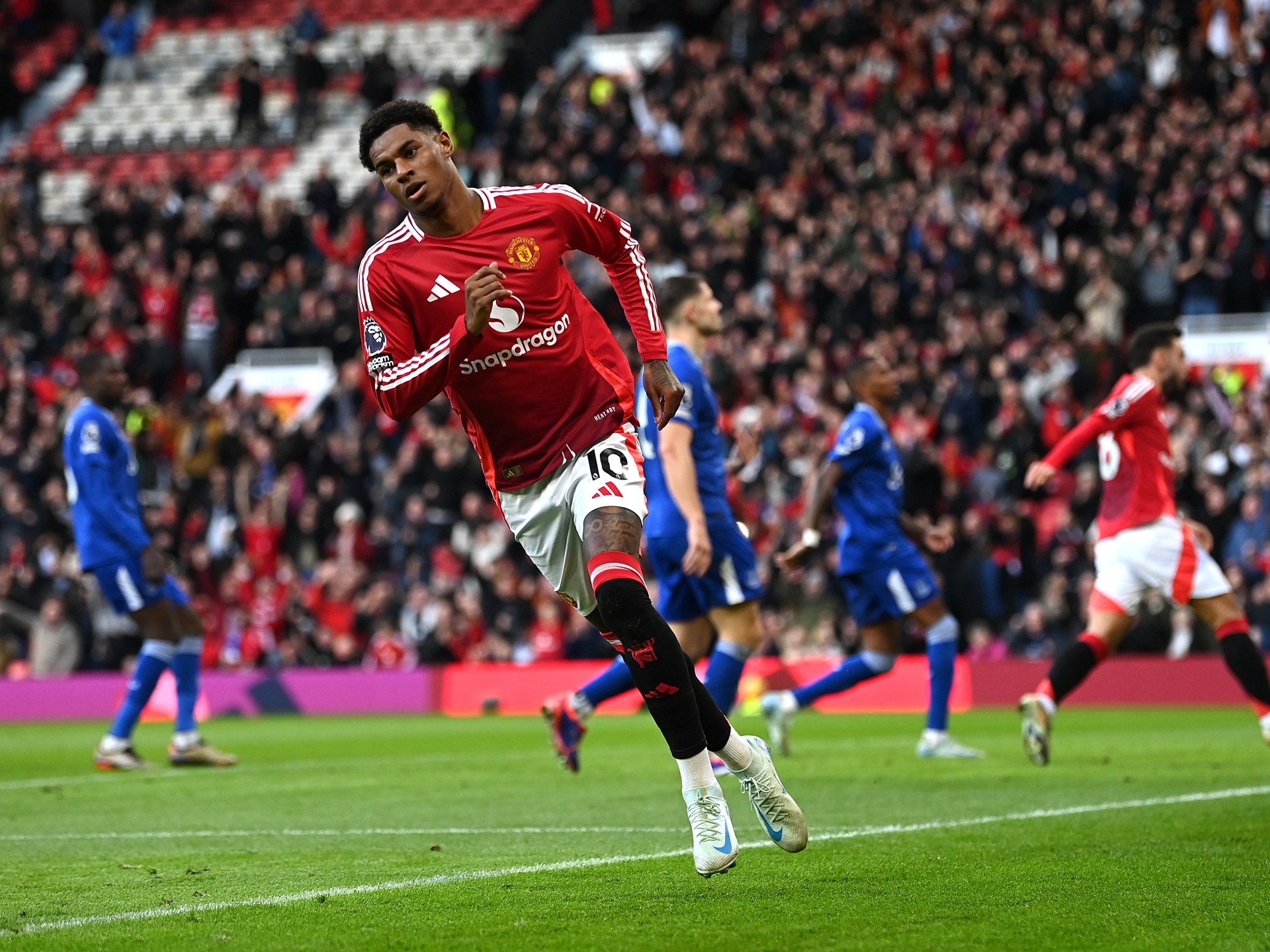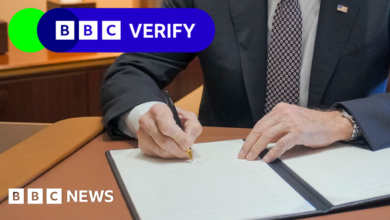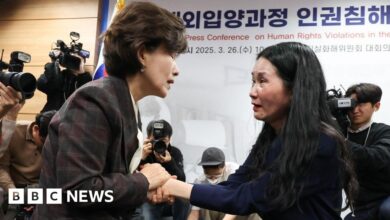Will Lebanon finally elect a president? | Features
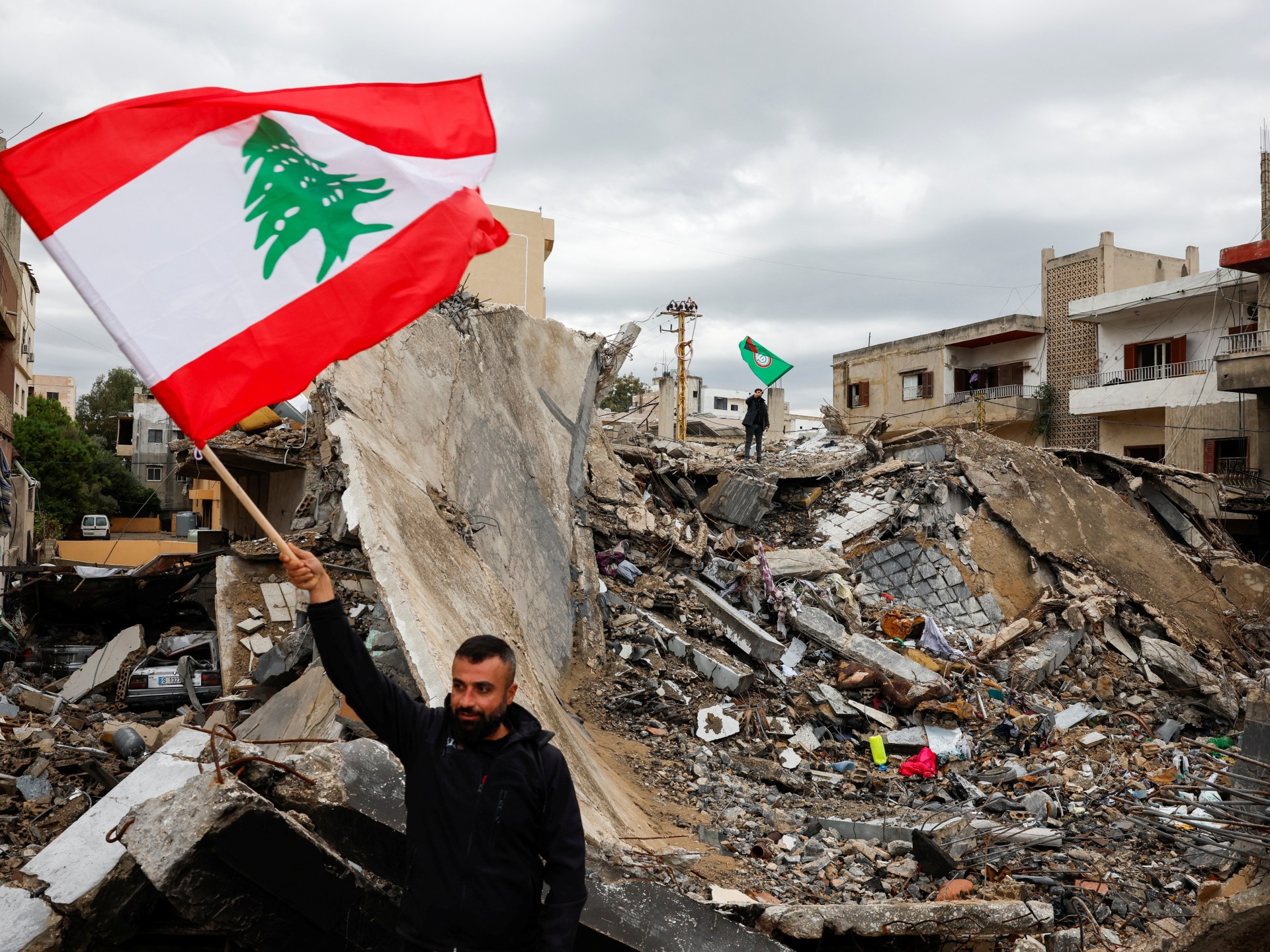
The Lebanese Parliament meets to elect a President of the Republic, more than two years after the end of the term of the last president.
Lebanese political parties and prominent figures are holding talks with foreign officials as discussions intensify over who will take over the top job.
Here’s everything you need to know about Lebanon’s presidential elections on Thursday:
Two years? Why so long between presidents?
Parliament was unable to find a unanimous candidate.
Despite the many crises that Lebanon has witnessed recently, political parties are prioritizing their interests over the public good, which a stable government will achieve.
Israel’s war on Lebanon at the end of 2023 derailed all thoughts of choosing a president, as Israel killed and displaced thousands of people, and the interim government scrambled to adapt.
During the ceasefire negotiations, the issue of choosing a president became an important topic of discussion.

Does parliament elect the president?
Yes.
In Lebanon, parliament elects the president through candidates who campaign among political blocs and members of parliament – not Lebanese voters.
The number of representatives in Lebanon is 128, and the candidate needs a majority of no less than 86 votes.
Since the end of the civil war in 1990, Lebanese presidents have been consensus candidates who are not part of political movements.
The exception is Michel Aoun, who led the Free Patriotic Movement before becoming president.
Who will win?
The Lebanese president is required to be a Maronite Christian, according to the system of political representation in Lebanon.
The current main candidate is Lebanese Army Commander General Joseph Aoun, who seems likely to exceed the 86-vote threshold.
His name has been in talks for more than a year, and he has the support of the international community.
Aoun will not be the first army commander to assume the presidency.
Emile Lahoud (president from 1998 to 2007), Michel Suleiman (2008 to 2014), and Michel Aoun (2016 to 2022) were also leaders before becoming president, with Lahoud and Suleiman becoming president immediately after leading the Lebanese Armed Forces.
Aoun is not related to former President Michel Aoun, he is just a common name in Lebanon.

Is Aoun popular?
Aoun is relatively uncontroversial and enjoys a lot of support.
This includes the Progressive Socialist Party led by Walid Jumblatt, the National Moderation Bloc – which includes former members of the Future Movement led by former Prime Minister Saad Hariri – the Marada Movement led by Suleiman Franjieh, the Phalange Party (Phalange) and some reformist MPs who were elected in 2022 and are vying for the presidency. Republic. Revolution wave 2019.
The right-wing Christian Lebanese Forces party did not commit to this but said it may support Aoun, while he is also believed to be the US’ preferred candidate.
Is there a notable competitor?
There was one, Suleiman Franjieh.
He had the support of the Iranian-backed Hezbollah and the Amal Movement, the Shiite political party led by Parliament Speaker Nabih Berri.
Franjieh heads the Marada Party, a small Christian party with an influence base in the northern Zgharta region.
Franjieh’s chances were dealt a heavy blow after Hezbollah was weakened by the war launched by Israel in Lebanon and the fall of the Assad regime in Syria – a close ally of the Franjieh family.
One day before the vote, Franjieh withdrew his candidacy and supported Joseph Aoun.

Are these the only candidates?
No, there are a few other names in the ring.
Jihad Azour, a former finance minister and International Monetary Fund employee, was popular with the Christian blocs – the Lebanese Forces and the Free Patriotic Movement – in 2023.
But his support appears to have waned, with the Lebanese Forces now considering Aoun.
There is also Elias Bisari, the interim head of the Lebanese Public Security Directorate.
He was seen as a potential consensus candidate but had no public support, and one member of parliament said Al-Bisri might formally withdraw his name from the running at some point.
Other contenders include businessman and MP Nemat Faram, who has said he may support Aoun himself, and Free Patriotic Movement leader Gebran Bassil, who has little support outside his party.
Former Interior Minister Ziad Baroud is also sometimes mentioned as a potential consensus candidate.
Baroud was very popular and widely respected in civil society during his time as minister, but he did not enjoy much support from traditional players.

When Lebanon has a president, what will happen next?
Of course, electing a president will not solve Lebanon’s countless crises.
But once there is a president, they can choose a prime minister who will then form a government that can take over from the interim administration.
International lenders such as the World Bank – which could give Lebanon a cash infusion – say Lebanon needs broader systemic reforms that deal with corruption and a lack of transparency.
The new government may be able to work to achieve this.
Why do foreign powers interfere in choosing the president of Lebanon?
Many Lebanese parties seek foreign funding or support to assert their domestic influence.
Foreign actors such as the United States, France, Iran, and the Arab Gulf states may also stimulate the election of an acceptable leader by promising foreign aid.
https://www.aljazeera.com/wp-content/uploads/2024/11/2024-11-27T062545Z_1788440433_RC2IDBAOMSQL_RTRMADP_3_ISRAEL-PALESTINIANS-LEBANON-1732749770.jpg?resize=1920%2C1440
2025-01-09 09:21:00

